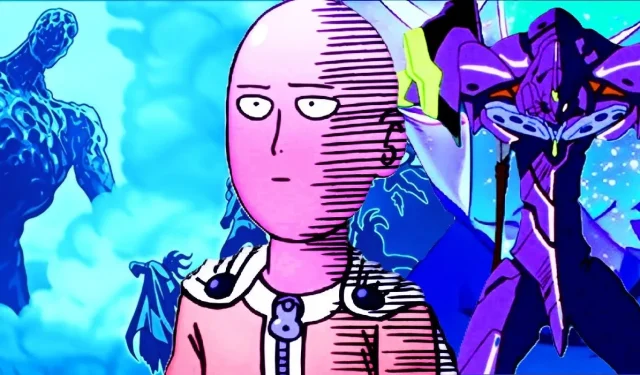
One-Punch Man continues to captivate readers with its latest chapter, delving deeper into the intriguing developments of the Ninja Arc. This chapter not only highlights the evolution of the narrative from the original webcomic by ONE but also brings the looming threat of God to the forefront. Notably, Empty Void has regained his identity after assimilating Garou’s powers, and revelations about Blast’s awareness of his wife’s true nature shed new light on the unfolding storyline. Chapter 211 presents shocking discoveries that expand the series’ world-building while unraveling the enigma surrounding God, demonstrating how One-Punch Man draws inspiration from classic anime.
The chapter implies that, despite the ambiguous motivations of God, his subordinates indicate a desire to eradicate humanity. However, a pivotal vision that Void experienced 15 years ago while absorbing God’s power provides crucial insights into this ominous figure. This vision alludes to major references that suggest One-Punch Man’s antagonist takes cues from some of anime’s most notorious villains.
God’s True Plan Resembles Evangelion’s Instrumentality Project
God’s Ambitions Extend Beyond Human Eradication
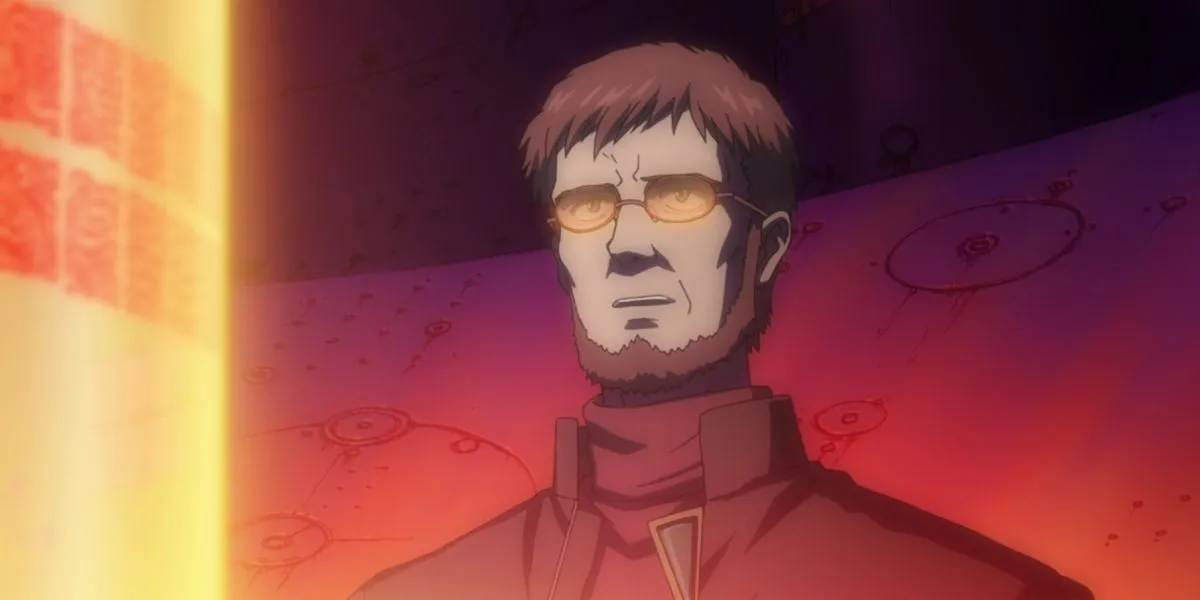
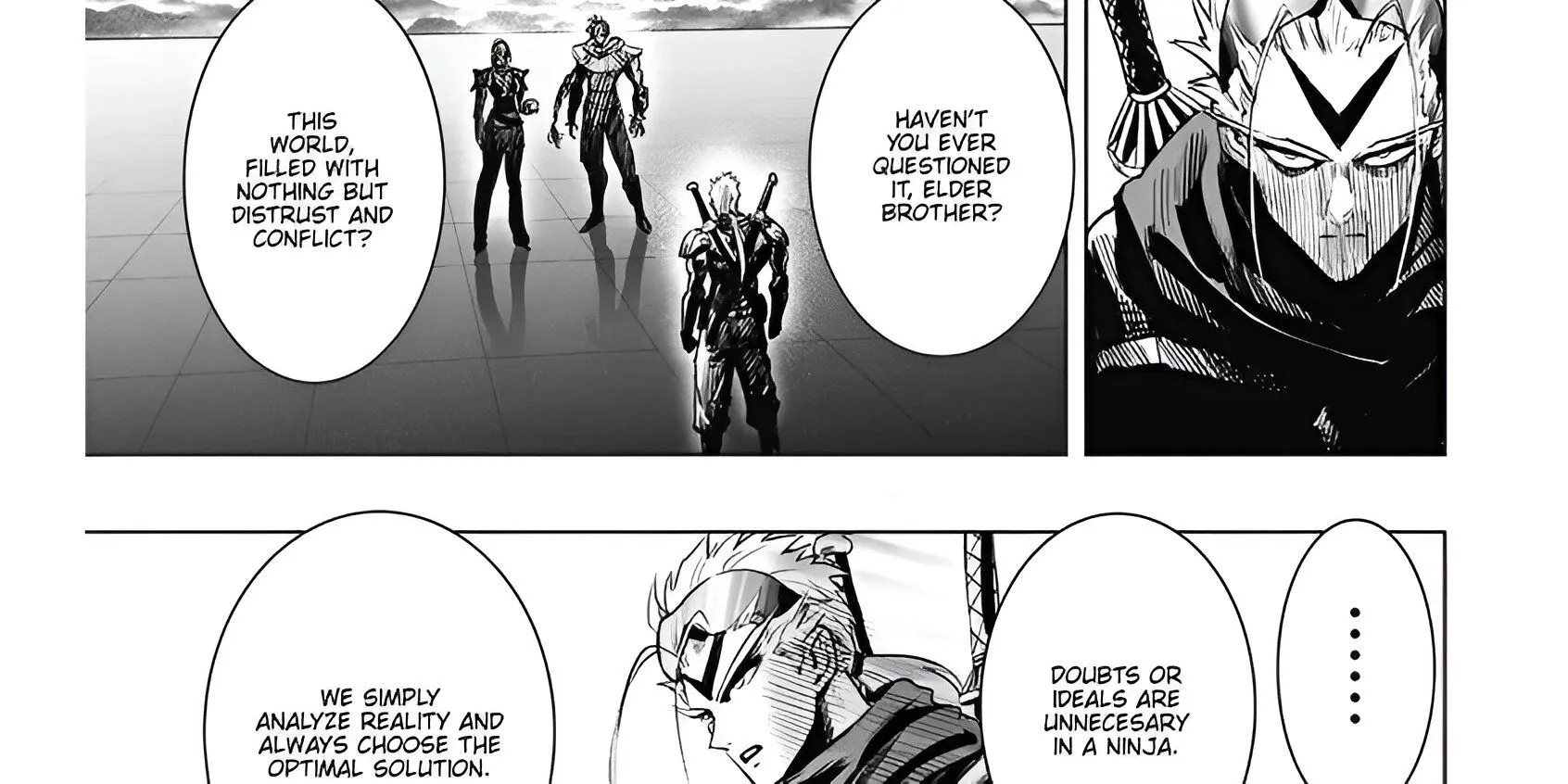
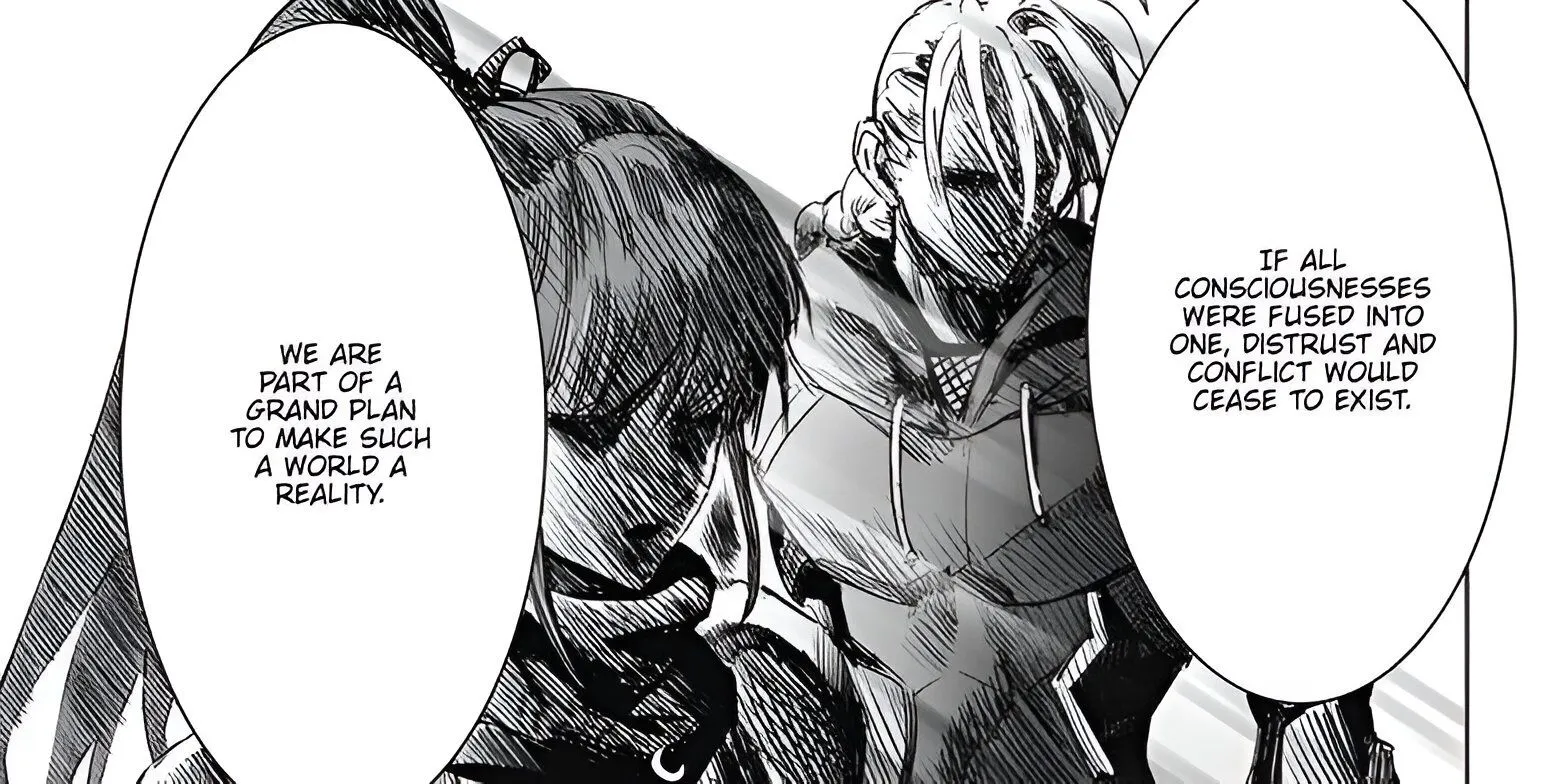
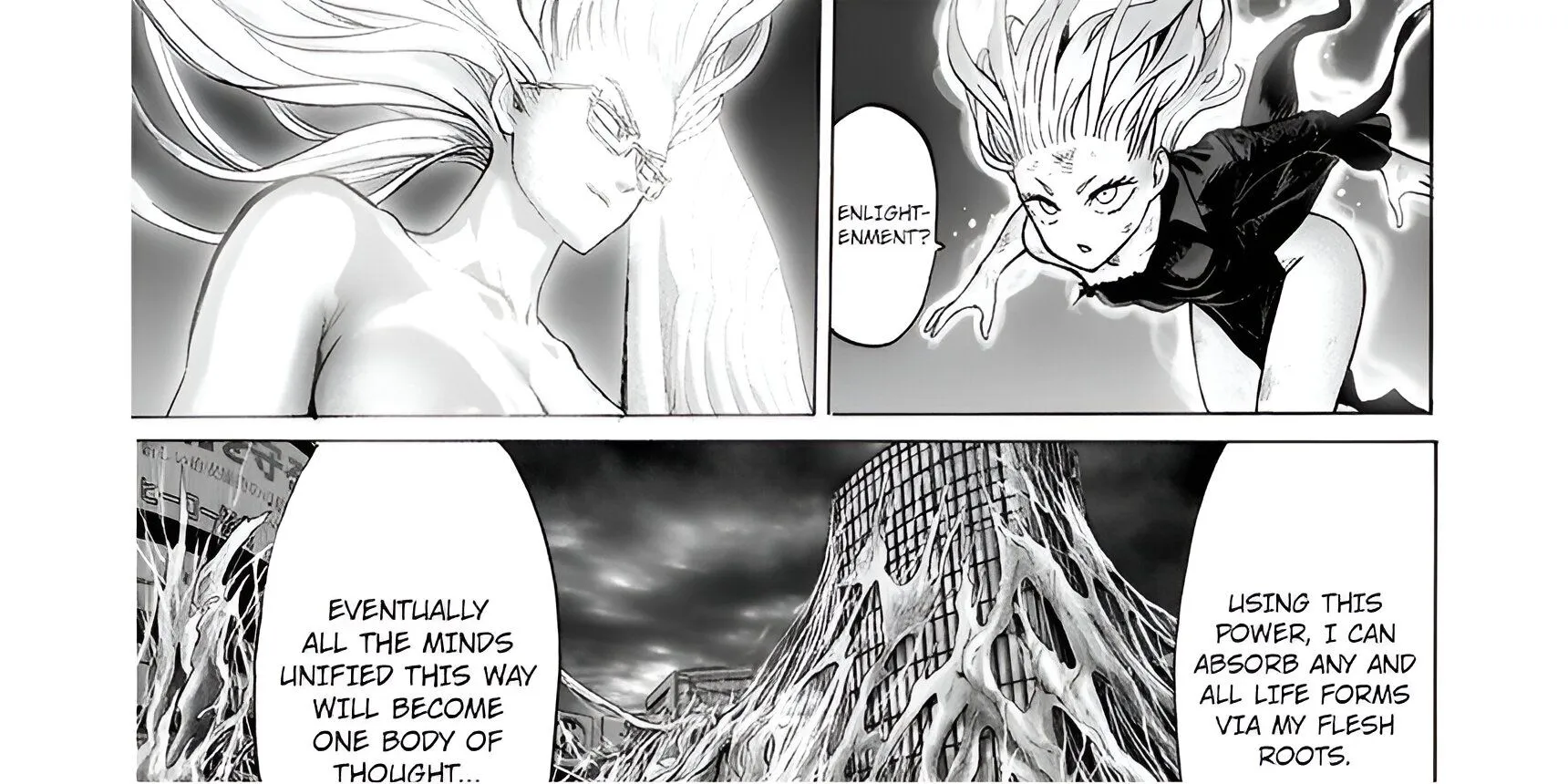
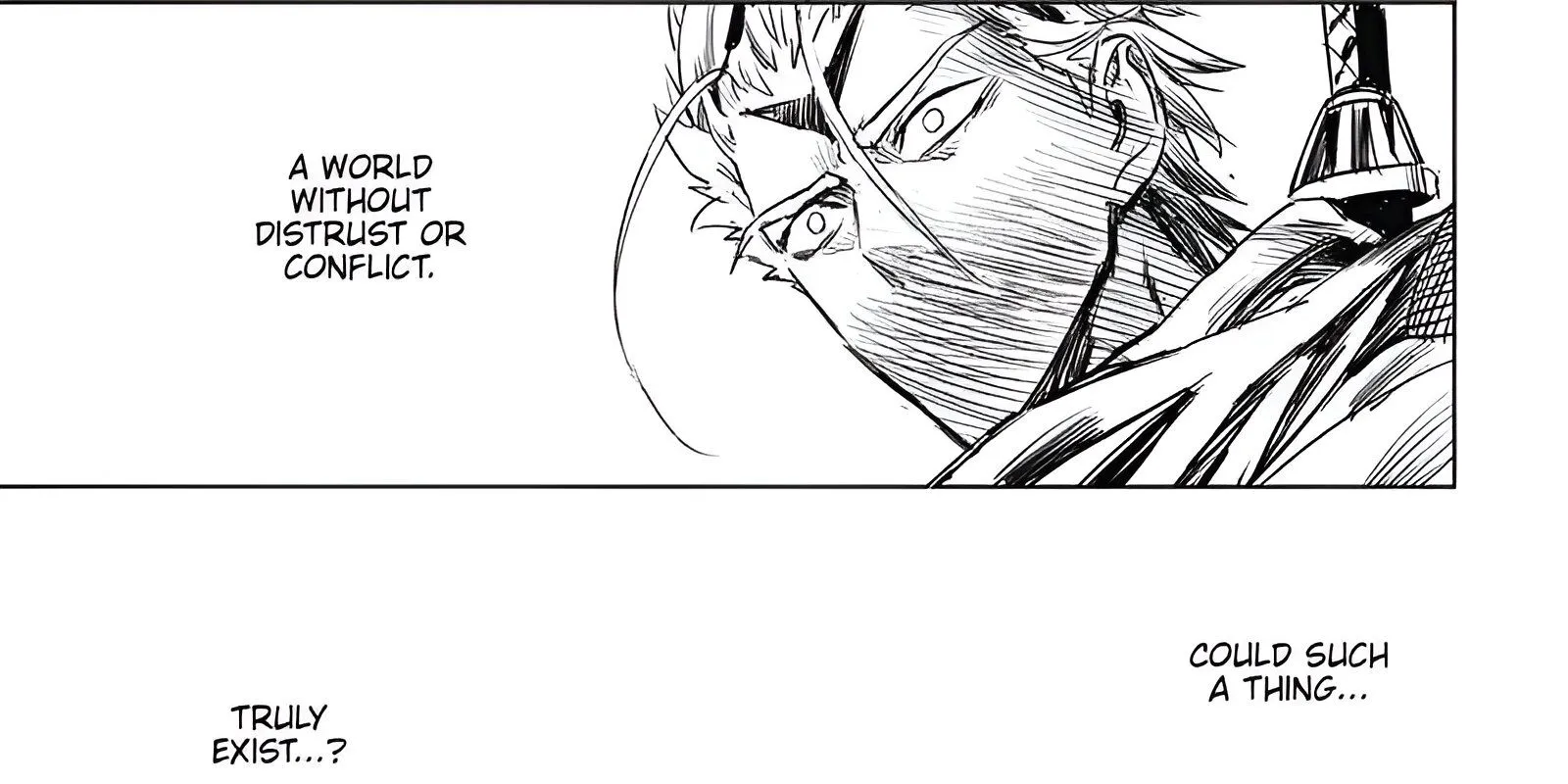
In chapter 211, the flashback scene illustrates how God coerces Void into accepting his immense power. This moment is pivotal, as it suggests that God’s dialogues are tailored to the interests of his audience and offers a glimpse into his overarching purpose. The statements made by Luna also imply that God’s ultimate goal is to merge all human consciousness into a singular entity. This ambition extends beyond mere destruction and parallels Gendo Ikari’s strategy in Neon Genesis Evangelion with the Human Instrumentality Project.
Luna’s remarks in Void’s vision indicate that fostering a unified consciousness could eliminate divisions and discord among humanity, addressing Void’s intrinsic ninja nature. This thematic similarity to Evangelion positions Gendo Ikari as one of anime’s most adept and chilling villains, as his plans also masked deeper ulterior motives.
Initially, many believed that God’s intentions revolved around wiping out humanity, especially depicted through characters like Homeless Emperor and Vaccine Man. However, this new direction aligns with Psychos’s claims in OPM chapter 132, where she asserted that true enlightenment would lead to the unification of human minds into a collective framework.
God Could Aspire to Form a Collective Consciousness, Echoing the Anti-Spiral from Gurren Lagann
One-Punch Man Strategically Develops God as a Formidable Foe
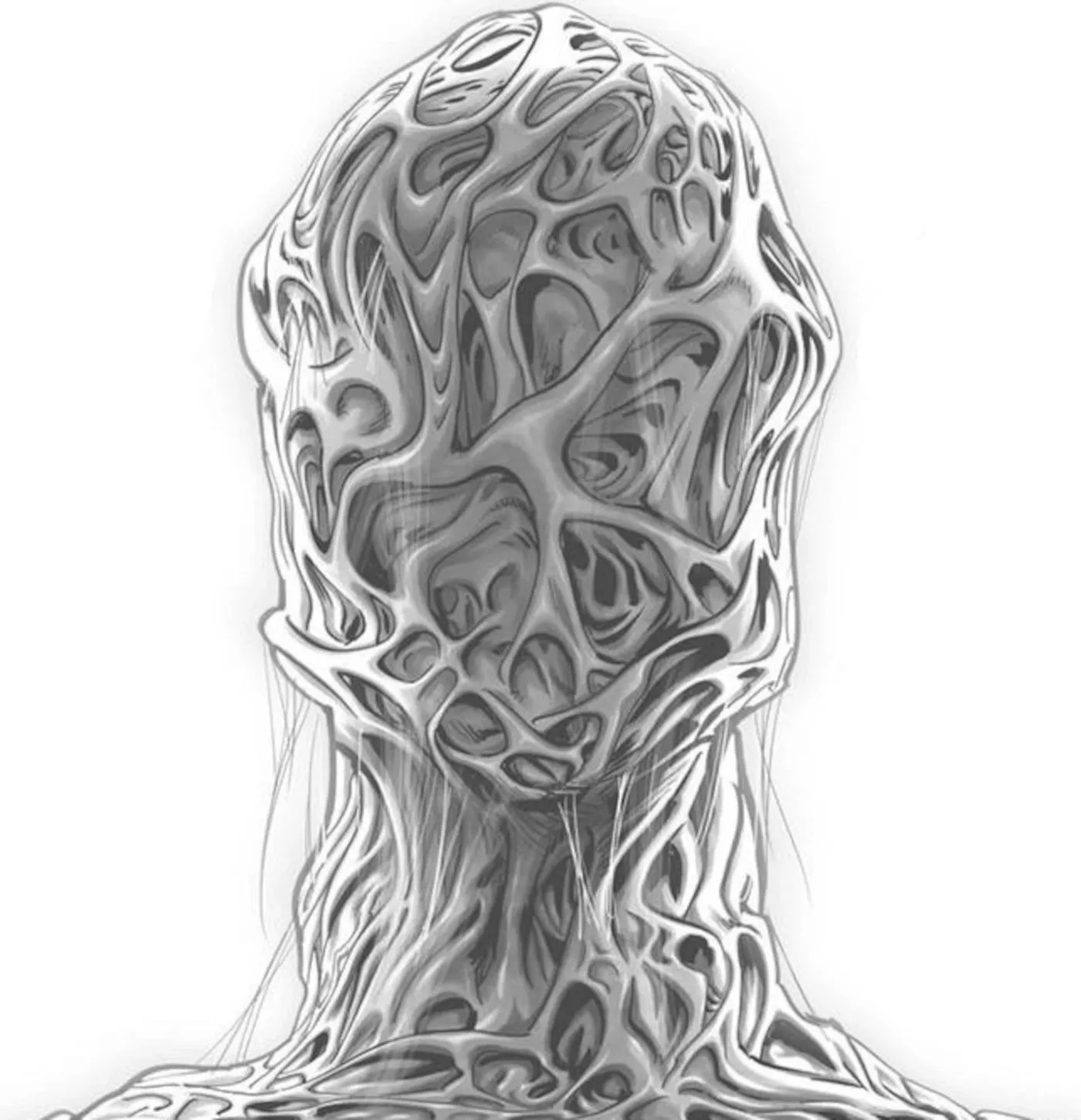
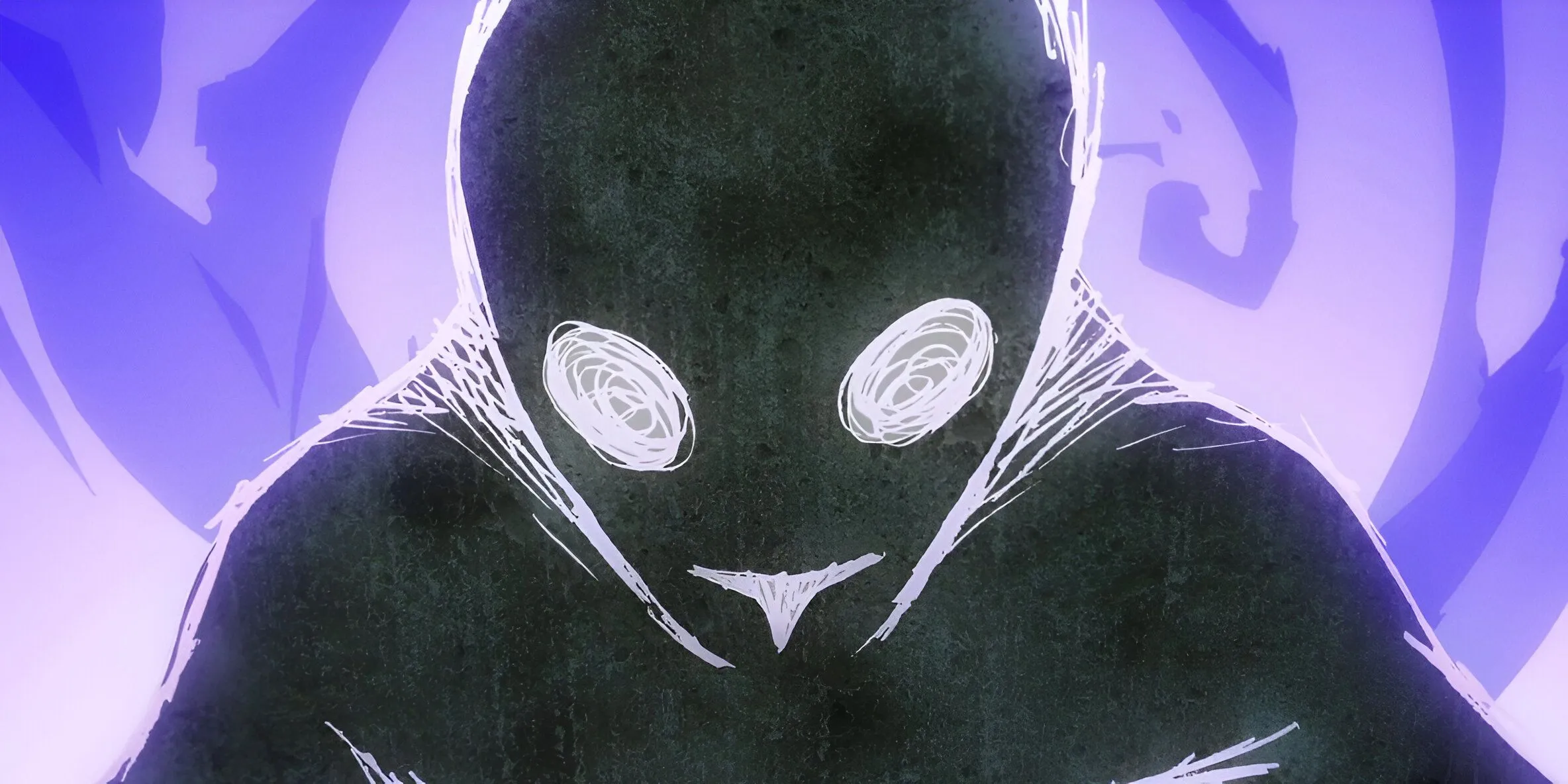
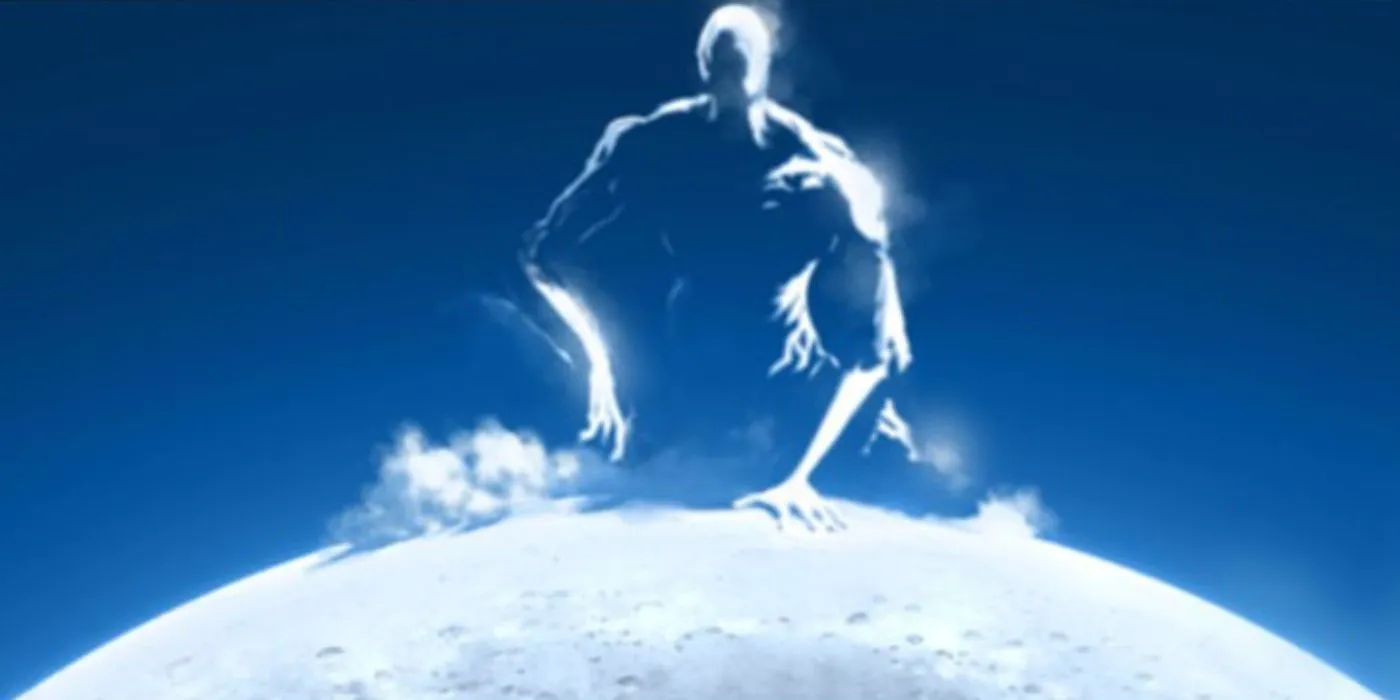
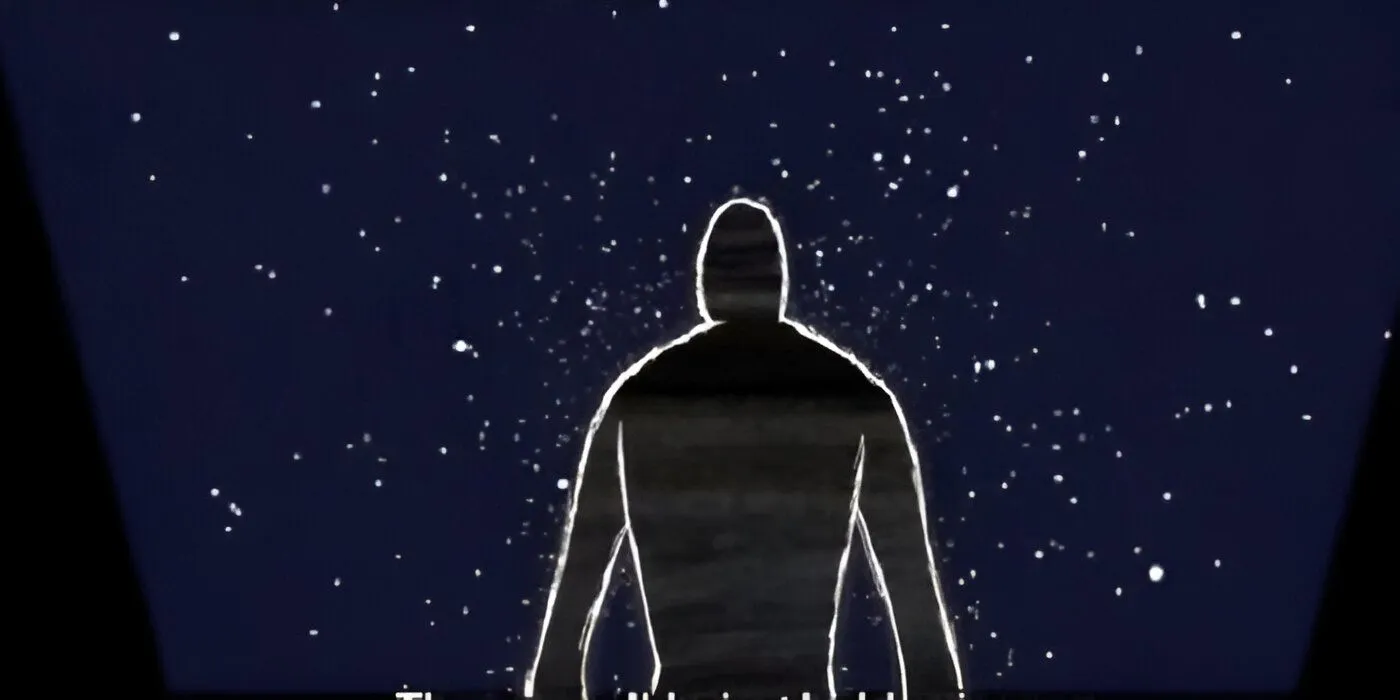
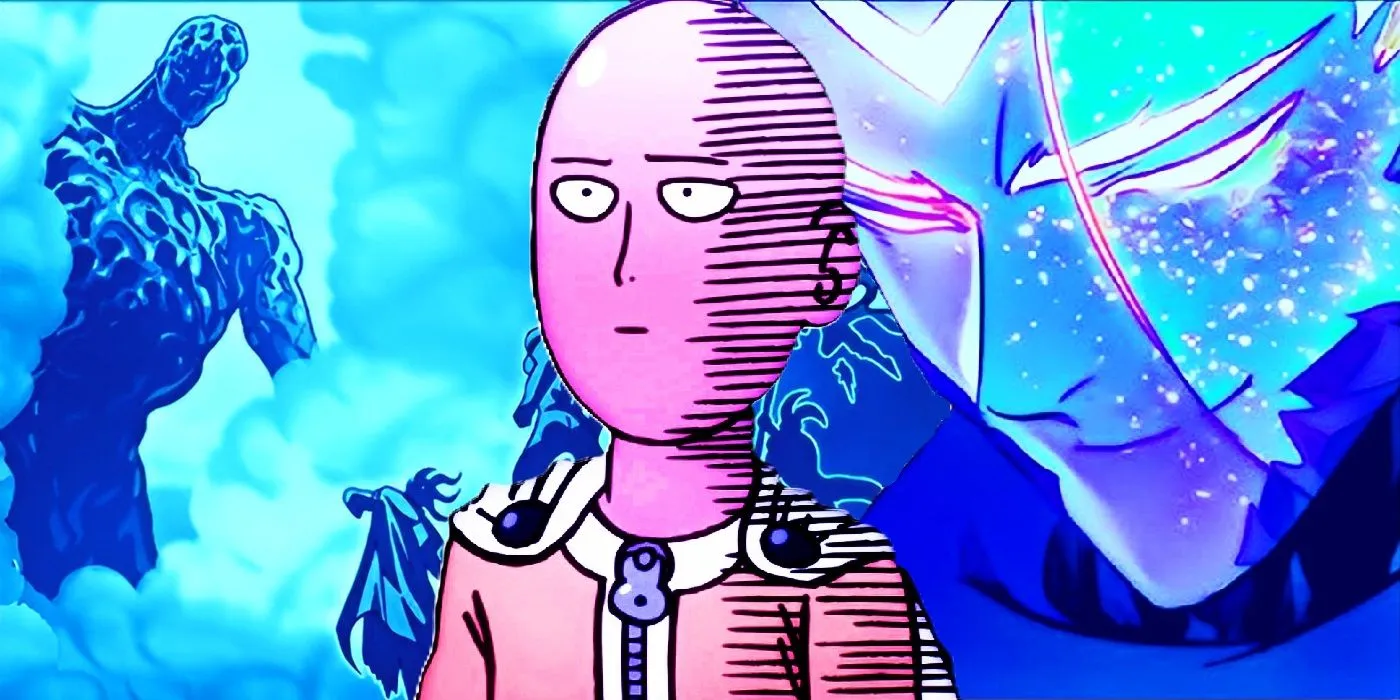
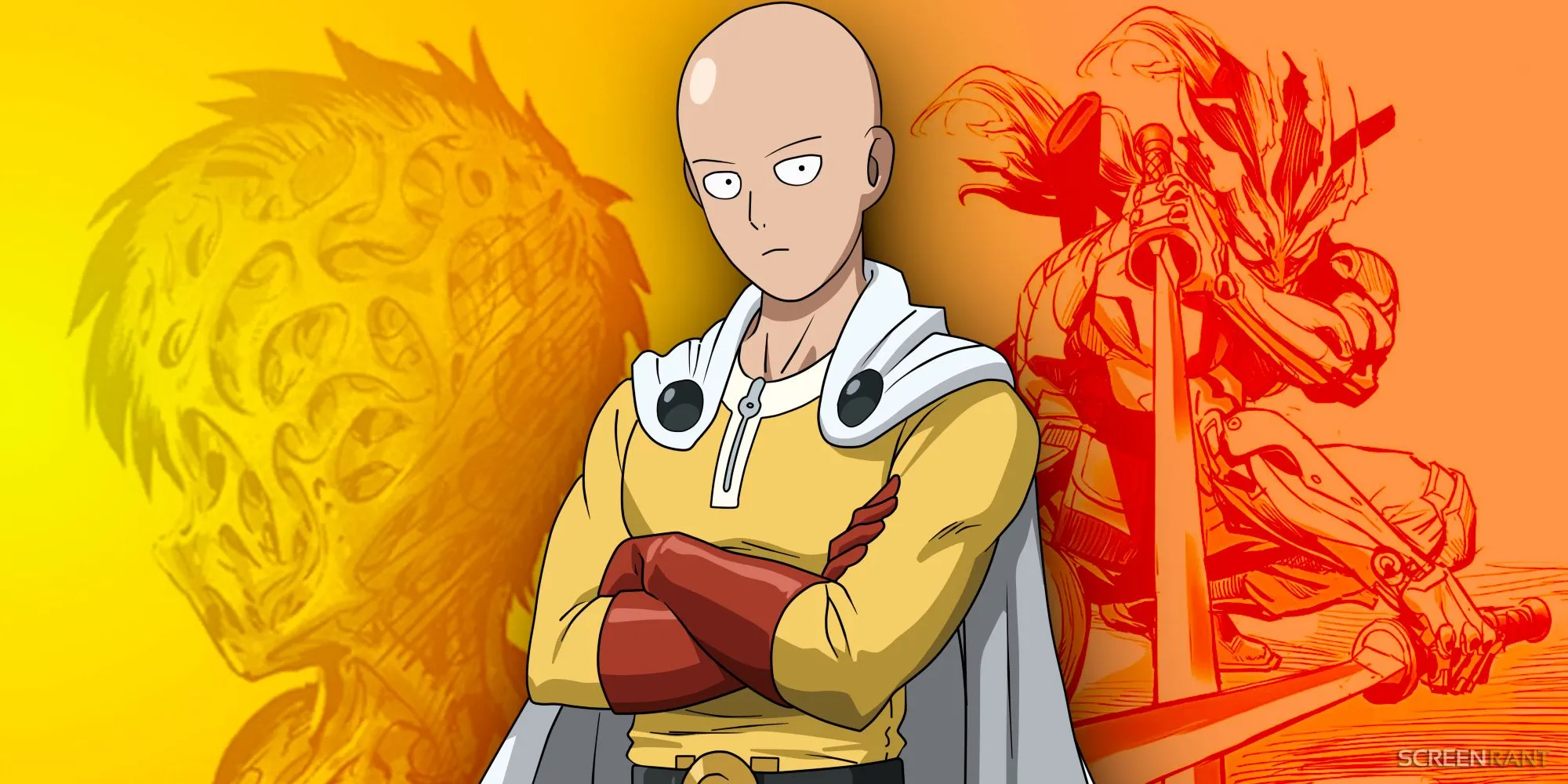
The ability of God’s avatars to absorb powers strongly implies that his ambitions may focus on assimilating formidable heroes, thereby forming a consolidated collective consciousness—this could facilitate his resurrection on Earth, as hinted in OPM chapter 115. This concept resonates with the Anti-Spiral from Gurren Lagann, a multiversal being characterized by a hive mind capable of merging galaxies and extinguishing civilizations.
By gradually revealing God’s intentions, One-Punch Man intriguingly escalates the conflict, cultivating anticipation for the inevitable showdown with Saitama. These thematic parallels to Neon Genesis Evangelion and Gurren Lagann not only pay homage to these iconic series but also emphasize that One-Punch Man transcends its initial comedic premise, generating excitement for upcoming chapters.




Leave a Reply